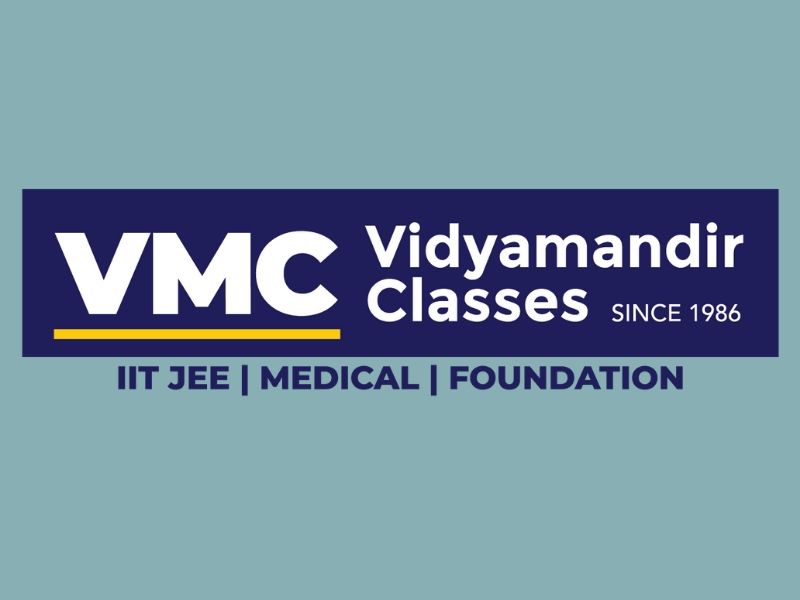Vidyamandir Classes – VMC, one of the leading national institutes in the test preparation industry has rolled out 35 percent Covid -19 support scholarship on all NEET preparation courses to benefit the NEET aspirants amidst the disruption caused by COVID-19 pandemic.
VMC has designed a unique curriculum for NEET preparatory programs. Intending to provide the best preparation classes to students, VMC has introduced an exceptional pedagogy system that emphasizes building and reinforcing fundamentals and concepts of students which offers an extra edge for securing a top rank in NEET.
The courses are available for students studying of 11 and 12 and for those who have passed 12. For the droppers’ batch of students who have passed 12 standard, VMC is offering additional benefits. The last date of application is Tuesday, June, 30, 2020.
The classes have already started through online medium and as the lockdown gets over, it would return to physical classes. VMC continues to bring quality learning at the doorstep of NEET aspirants through its online classroom program – VMC GURU during this COVID -19 crises. VMC has strived to go an extra mile and designed a unique pedagogy system for delivering online classes successfully.
After thorough introspection and research, VMC is so confident of the effectiveness of the program and success for students that it has also introduced ‘Crack NEET or GET FEE refund’ program through which it promises a refund on tuition fee if the student is not able to crack NEET.
Vishnu Dutt Sharma, CEO Vidyamandir Classes mentioned, “We understand what it takes to crack Competitive exams like NEET. We have carried forward the unique VMC pedagogy, combined with scientifically designed study material & test series as per the latest exam patterns. We ensure that the students get personalized attention and study from the best faculties with an established track record, to ensure their success in NEET. Our results speak for the quality of our programs.”
VMC launched the NEET preparatory courses in 2017. It witnessed an 87.5 percent success rate in its very first batch which was believed to be an exemplary selection rate for the first batch.
